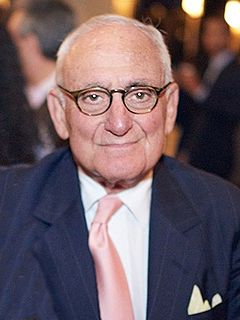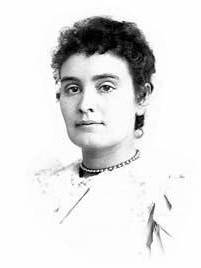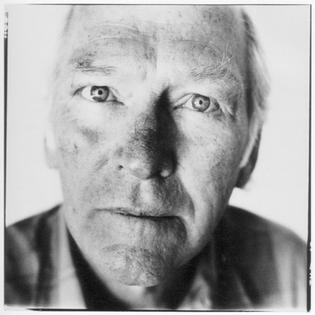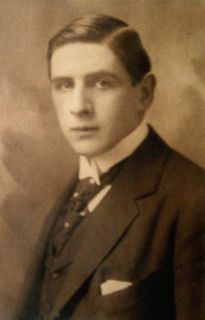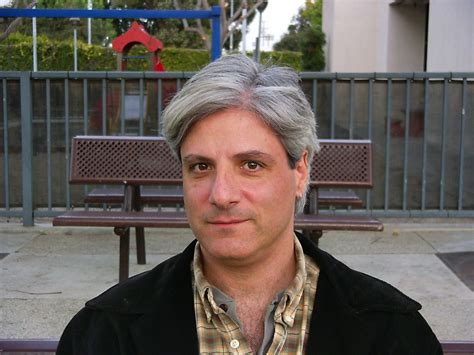A Quote by Ferdinand de Saussure
A language presupposes that all the individual users possess the organs.
Quote Topics
Related Quotes
That the speech of self-disclosure should be translatable seems to me very odd, but I am convinced that it is. The conclusion that I draw is that the only quality which all human being without exception possess is uniqueness: any characteristic, on the other hand, which one individual can be recognized as having in common with another, like red hair or the English language, implies the existence of other individual qualities which this classification excludes.
There is no such thing as a language, not if a language is anything like what many philosophers and linguists have supposed. Thereis therefore no such thing to be learned, mastered, or born with. We must give up the idea of a clearly defined shared structure which language-users acquire and then apply to cases.
The man who is thus outside the confines of every value-combination, and has become the exclusive representative of an individual value, is metaphysically an outcast, for his autonomy presupposes the resolution and disintegration of all system into its individual elements; such a man is liberated from values and from style, and can be influenced only by the irrational.
It is in this mutual dependence of the functions and the aid which they reciprocally lend one another that are founded the laws which determine the relations of their organs and which possess a necessity equal to that of metaphysical or mathematical laws, since it is evident that the seemly harmony between organs which interact is a necessary condition of existence of the creature to which they belong and that if one of these functions were modified in a manner incompatible with the modifications of the others the creature could no longer continue to exist.


